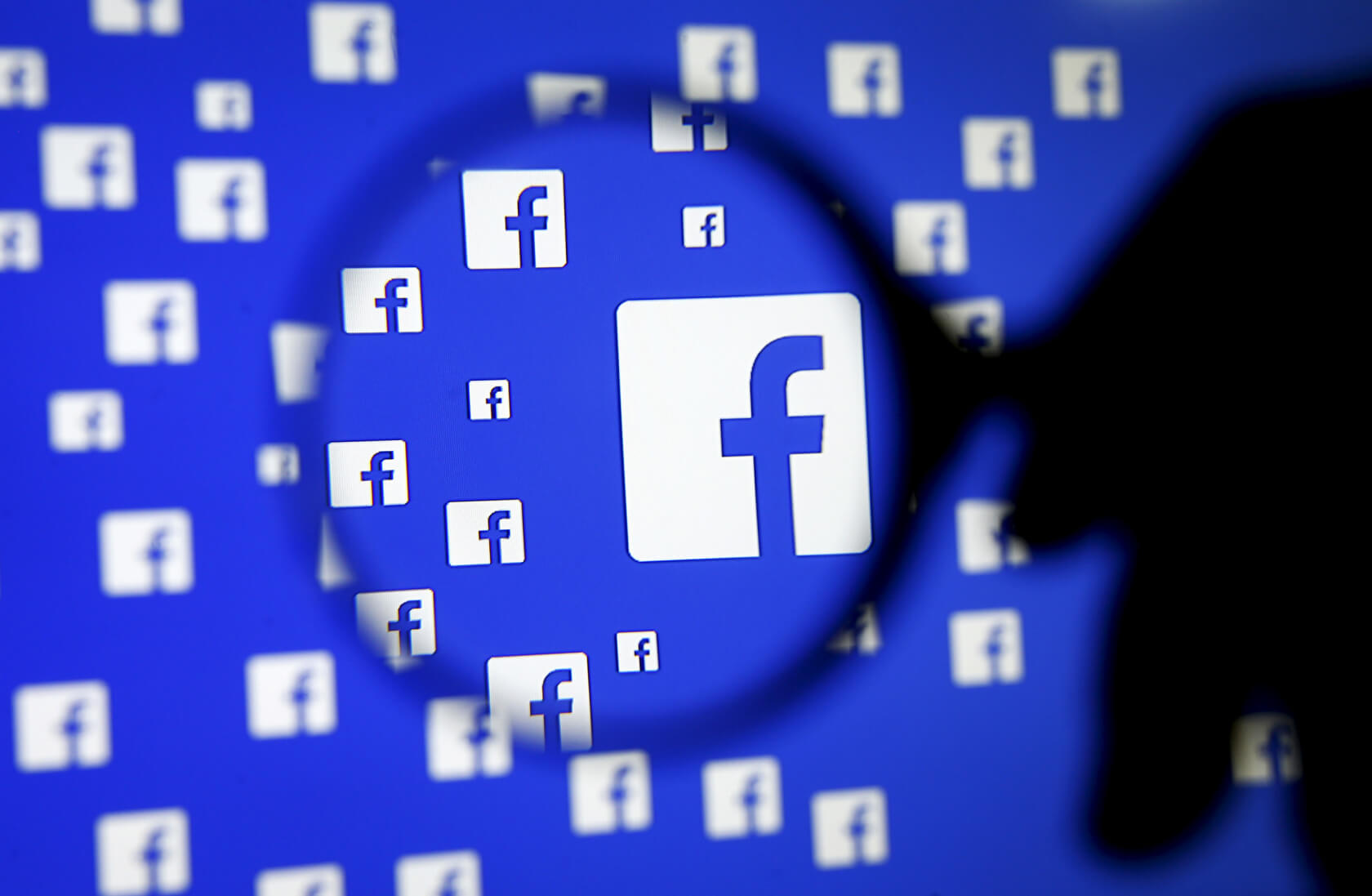In brief: Facebook will personalize the upcoming News Tab to help regain the user trust it has lost while relying mostly on algorithms and inexperienced human curators. This is part of a renewed focus on helping publishers get exposure after it failed them in several ways by breaking their business model and inflating viewership metrics. Perhaps more interestingly, Facebook is said to have reached this decision after ample discussion with publishers.
Facebook will launch its News Tab later this year, it will join a growing trend where companies like Apple and Microsoft-owned LinkedIn use in-house editorial teams to curate articles for their users. The company told the New York Times that it plans to hire a small team of prominent and experienced journalists to help in its latest venture in the world of online publishing, and the job listings are set to go live later today.
The social giant says algorithms will still do the grunt of the work in surfacing relevant articles across all categories, the editorial team will give Facebook an added edge in terms of speed by removing the need to wait until it can train its algorithms to perform on a similar level. The News Tab will live outside of the News Feed, so you'll essentially have two separate news streams – one from publishers, and another from friends, where you can see status updates, friend requests, and other highlights.
Facebook's head of news partnerships, Campbell Brown, said the idea behind the News Tab is to "provide a personalized, highly relevant experience for people," where the company will hire full-time employees to make sure the right stories are highlighted objectively. It's also willing to pay publishers millions of dollars a year to feature their localized news stories in the News Tab, and will reportedly avoid using poorly-trained contractors to do the manual curation job, to avoid repeating the same mistakes it made with the failed Trending Topics experiment.
A preview rollout for 200,000 users is planned for October, and if it goes well it might extend to all U.S. users early next year.
